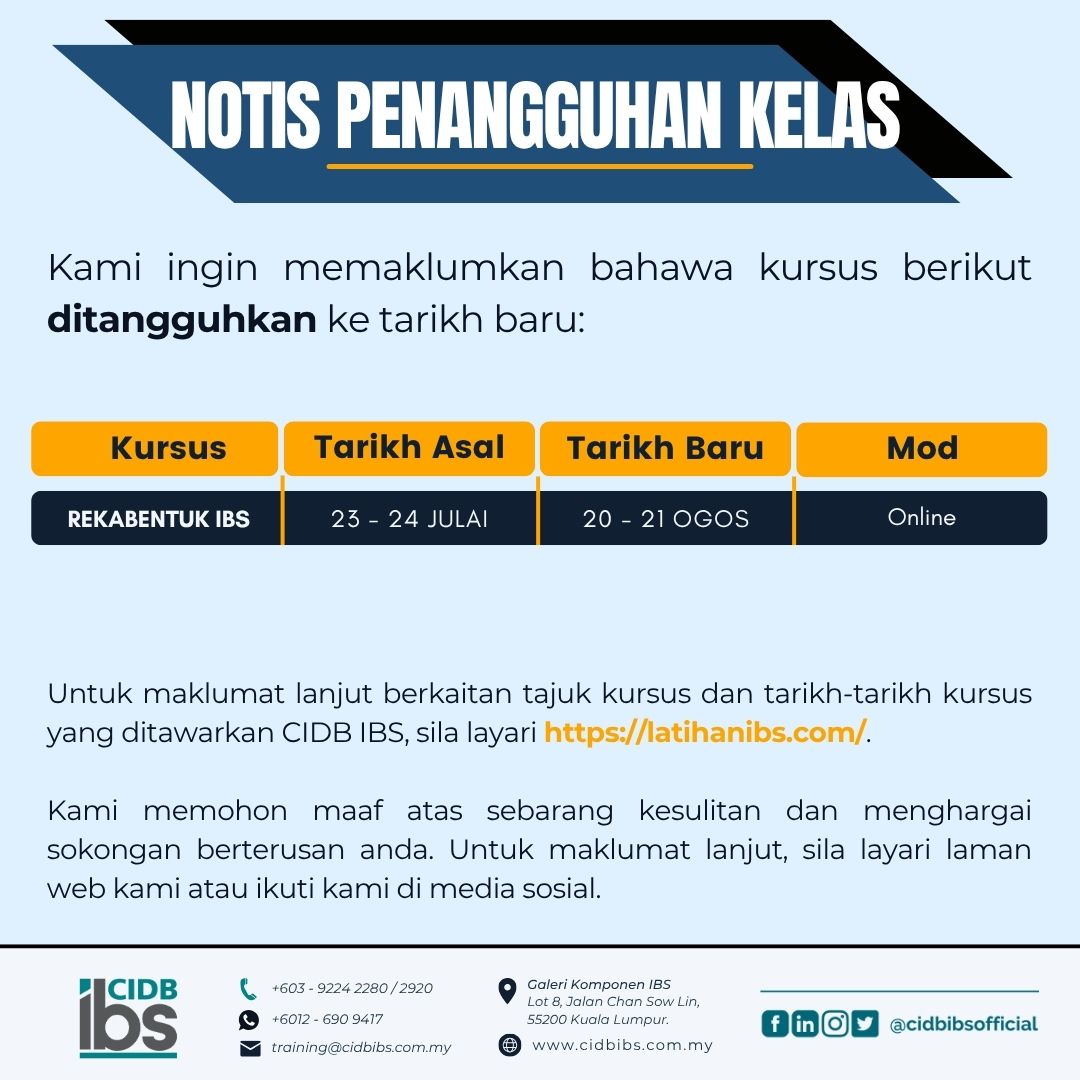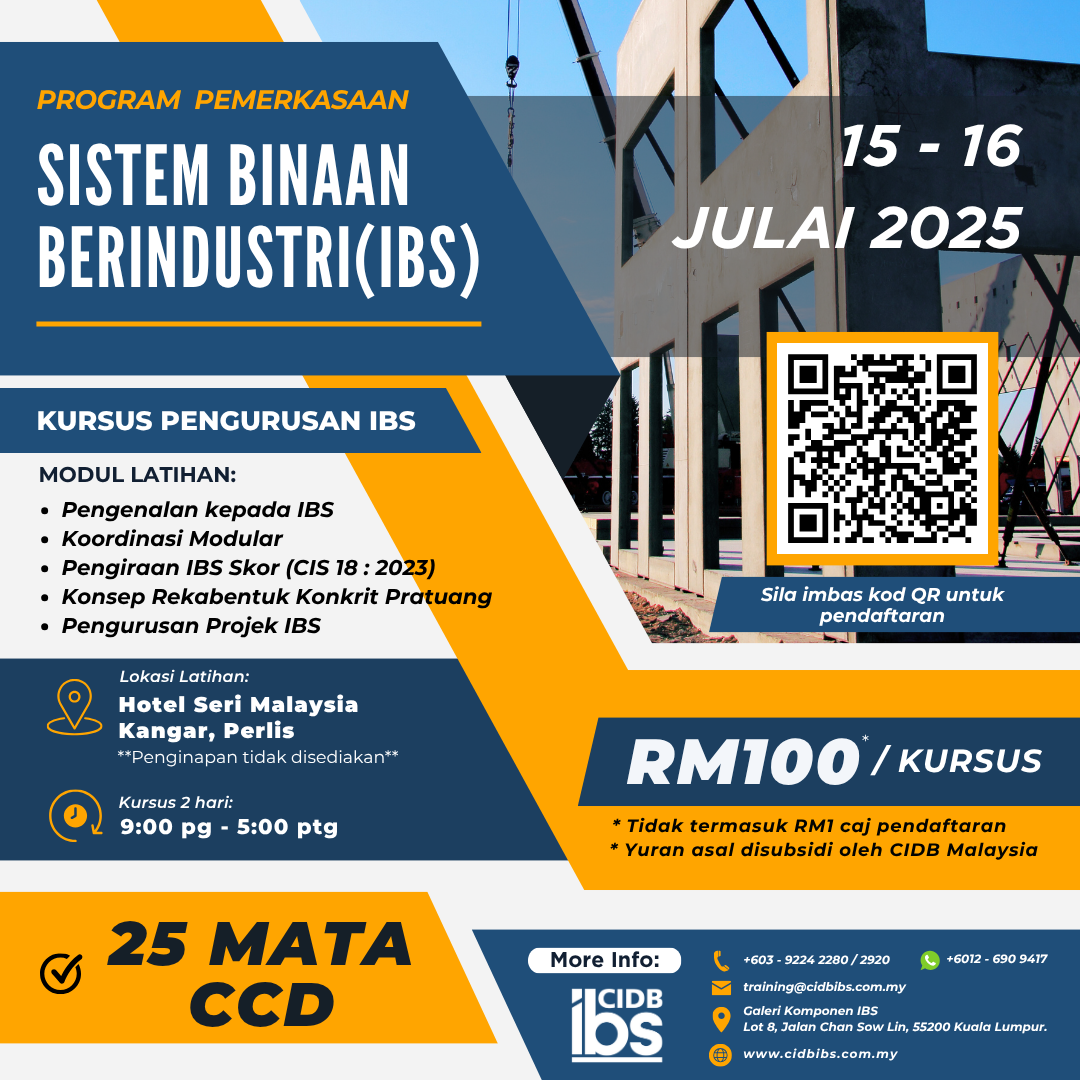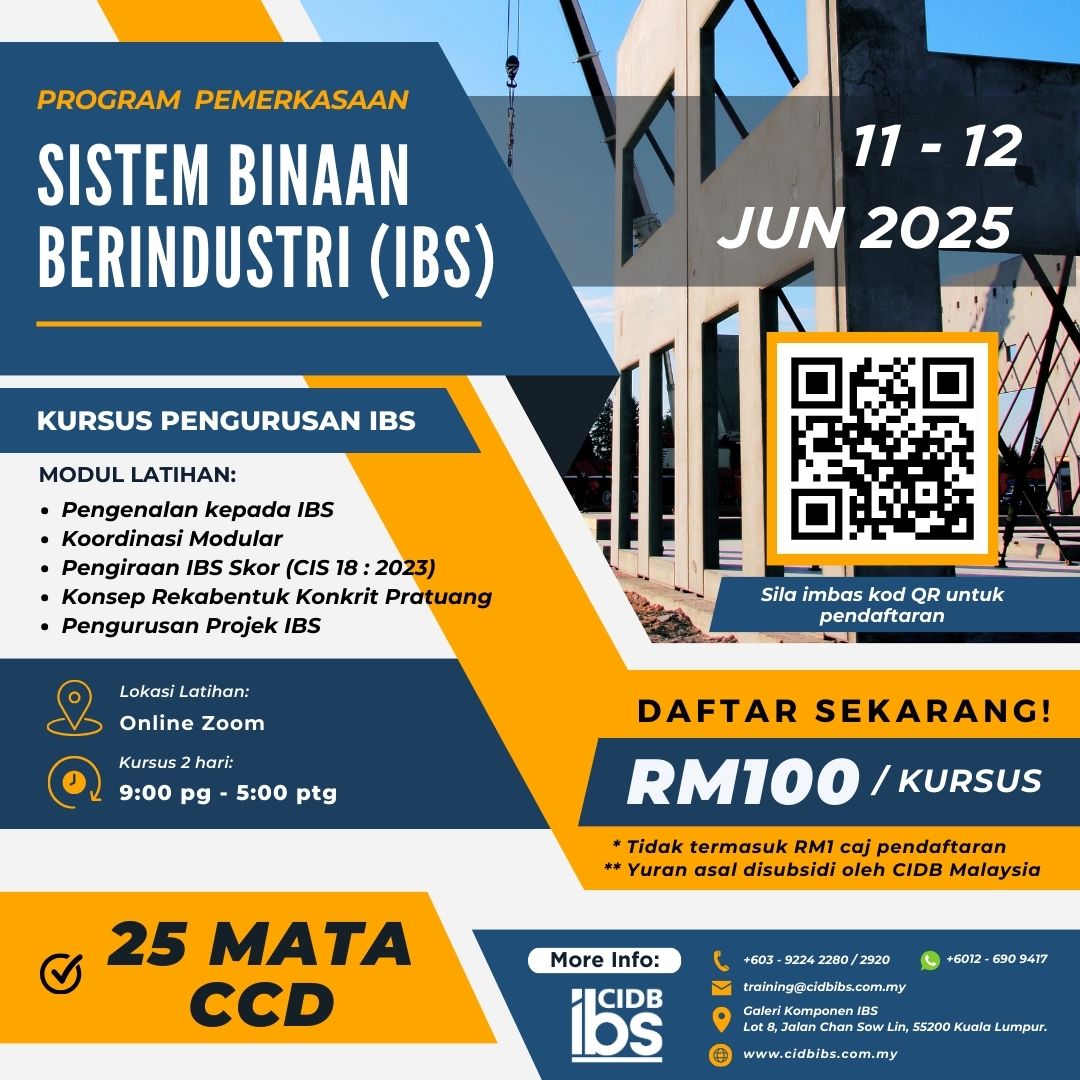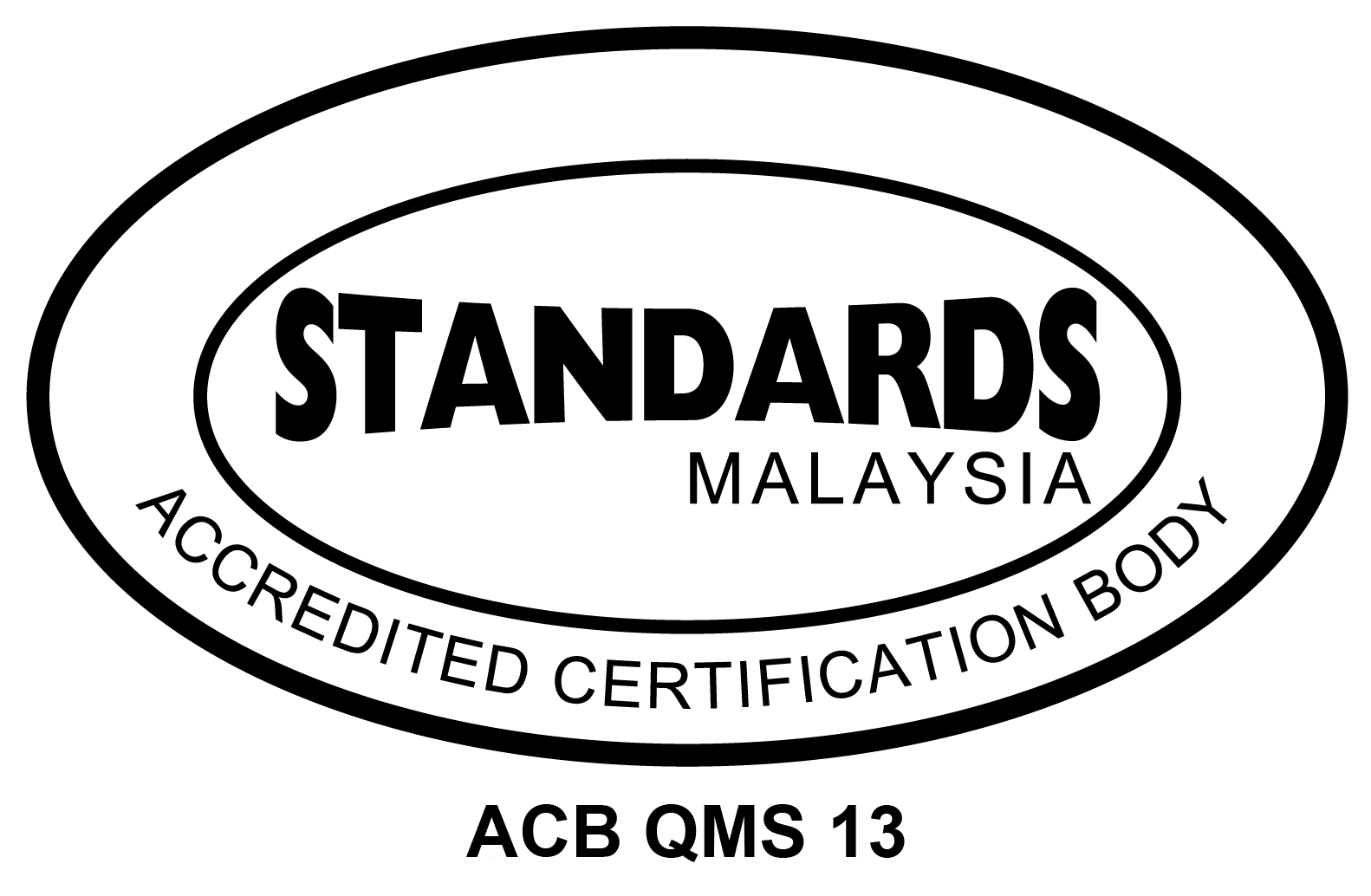Our panel of experts weighs in on the Minister of Works recent announcement of awarding tenders worth RM528 million to boost the economy. They discuss if this is a step in the right direction, whether more could be done, as well as any other relevant issues.

Even before the start of the pandemic, data from the Department of Statistics showed that the total value of construction work in our country was already experiencing slow growth. In addition to that, the value of works is consistently dominated by private sector projects. Thus, the recent decision by the government to award tenders worth RM 528 million for infrastructure projects is very much welcomed. The multiplier effect from this classic Keynesian move is expected to reinvigorate the economy through the increase in government expenditures to stimulate demand with a positive economic spillover effect to pull the global economy out of depression.
As of the third quarter of 2020, private sector projects contracted drastically by about 44%, going down from the usual RM19 billion to 20 billion value of works per quarter to only RM12 billion. However, government projects fared worse, going down from about RM16 billion value of works every quarter to only RM7.5 billion in the second quarter of 2020. Looking at these figures, it is time that government intervenes to resuscitate the ailing economy. However, the value of awarded projects is far below expectations. We have a long way to go to return to the usual government construction value of RM 16 billion per quarter.
The success of this ‘rescue mission’ depends on several factors. The first one being the nature of the projects being awarded and secondly, their locations. We have to keep in mind the main goal of awarding these projects is to boost the local economy through the creation of jobs and demand for direct and indirect products and services in the supply chain.
As we know, there are job casualties from other industries too, not just in the construction industry. The tourism industry and retail workers were also hit hard by the pandemic. Thus, the selection of projects to be awarded must be made with careful consideration. The projects awarded must not be too complex that they would take years to complete. We need projects that would spill over to the industries that need help the most, at the correct locations, and in the shortest time. From this angle, it would be good if the projects awarded also include upgrading works on infrastructures that could revive tourism, such as museums, zoos, or park facilities.
Location-wise, it is good for the projects to be distributed in many states other than just Kuala Lumpur, Selangor, and Johor, which have been the top three locations with the highest value of works for several quarters now. Fair distribution of projects across the country should always be the consideration in such a situation when we are trying to boost the economy.
As suggested by Keynes, the practical approach in addressing economic recessions and unemployment issue is through the implementation of active government economic policies that focus on creating and managing aggregate demand. Due to our high expenditure for equipment and services in combating COVID-19, the government needs to have a double barrel policy.
At the same time, a similar budget needs to be allocated towards the construction sector to stimulate economic recovery.
In facilitating the growth, unnecessary, redundant, or obsolete regulatory hurdles must be removed. It does not cost money to the government to remove growth impeding regulations. Instead, it will increase productivity and save the government resources.
References:
- http://www.kkr.gov.my/ms/node/44180
- https://www.constructionplusasia.com/my/minister-of-works-submittedtenders-worth-rm528- million-to-boost-the-economy/
- https://www.marketplace.org/2020/05/29/why-leaders-look-toinfrastructure-spending-in- recessions/
Resource: HEIGHTS (Apr-Jun 2021)

